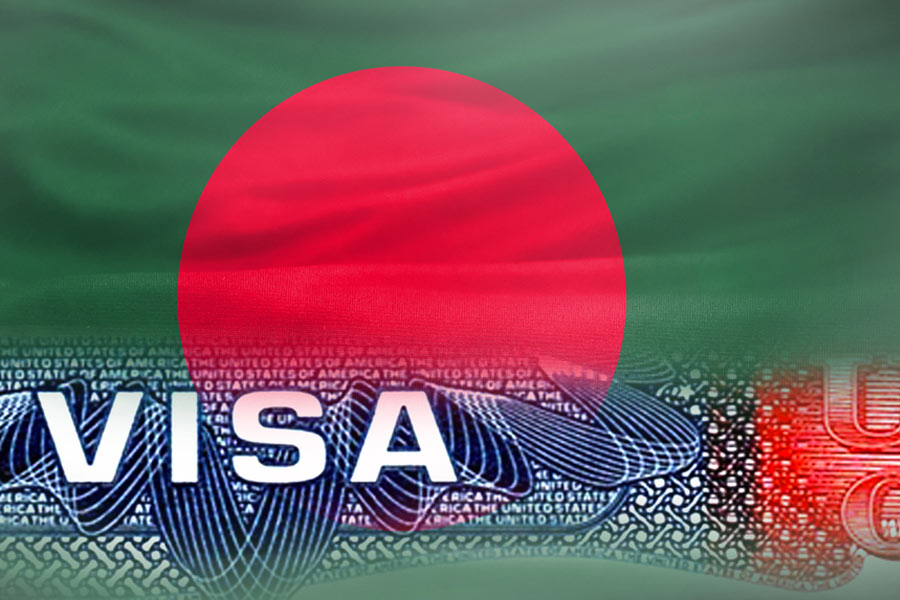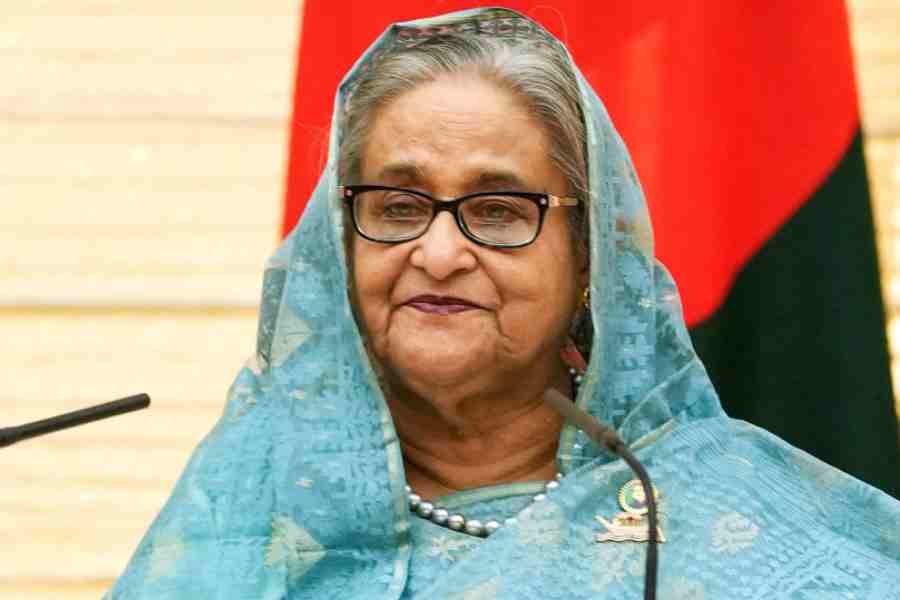The US has issued an unprecedented official warning to Bangladesh saying it would restrict visas to anyone involved in preventing a free and fair election in that country.
The tough warning issued by US Secretary of State Anthony Blinken could apply to thousands of government officials and police officers and anyone who interferes with elections in India’s eastern neighbour.
Elections are due in Bangladesh in January 2024. India has always been on extremely good terms with the Sheikh Hasina-led Bangladesh government.
The three-paragraph Blinken statement warned that this policy would apply to a sweeping broad spectrum of individuals including “current and former Bangladeshi officials, members of pro-government and Opposition political parties, and members of law enforcement, the judiciary and security services.”
The US said it had informed the Bangladesh government about its tough move to ensure free and fair elections on May 3.
The US has been taking an increasing interest in the Bay of Bengal region in the wake of the military takeover in Myanmar and that government’s strong leanings towards China.
US Assistant Secretary of State Donald Lu interviewed by a Bangladeshi news outlet said, “The defense of democracy is both necessary and essential for Bangladesh to continue to move forward as a leader in South Asia and around the world.”
Lu stressed the move would apply to both members of government or law enforcement and members of the Opposition. It would also apply to spouses and children of the person whose entry to the United States was restricted.
Lu clarified that the new visa restrictions would apply to senior and junior officials. “These restrictions would apply both to those giving orders and those taking orders,” he spelt out. He expanded on this saying it would be for anyone “who carry out acts of violence, or voter intimidation, or vote rigging.”
The Bangladesh government insisted it “does not bother” about the new US visa policy and that it was committed to holding a free and fair election. A government minister for foreign affairs, Shahriar Alam insisted that the Opposition BNP should be more concerned as, “violence before or after election is another criterion that will trigger visa restriction.” A detailed Bangladesh reply to the US policy is expected later today.
A video has been in circulation for the last three days in which an Opposition leader explicitly threatens Sheikh Hasina, saying, “Send Sheikh Hasina to her grave.”
Police officials could be the first to be hit by the new US rules if they are judged to be unfairly targeting peaceful protesters.
International agencies have alleged in the past that widespread election violence has taken place in Bangladesh. Sheikh Hasina has won three elections in a row and has now been in power continuously since 2008.
In an interview with The Economist that took place during a recent visit to the US, Hasina claimed the Opposition Bangladesh National Party was not a real political party because it had been formed by the army. The Economist wrote: “The prime minister bristles at the slightest suggestion that her record is imperfect.”
It added that: “She has presided over momentous poverty alleviation in her country of 170m, fueled by average annual gdp growth of 7% for much of that time.” However, it concluded grimly that, “It is hard to see how the story will end well. She is growing increasingly authoritarian and resented and, as she confirms, has no plans to retire.”
China’s new ambassador to Bangladesh declared on taking over his post that, “China and Bangladesh are natural cooperation partners,” and added that, “there are no historical burdens between us.” He claimed that Chinese-aided infrastructure projects had provided more than a million jobs in Bangladesh.












